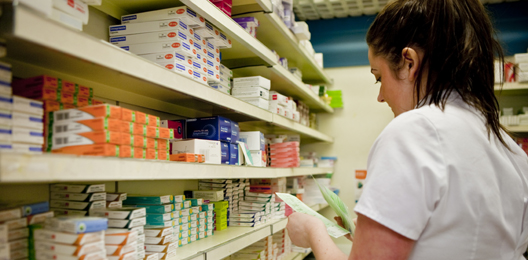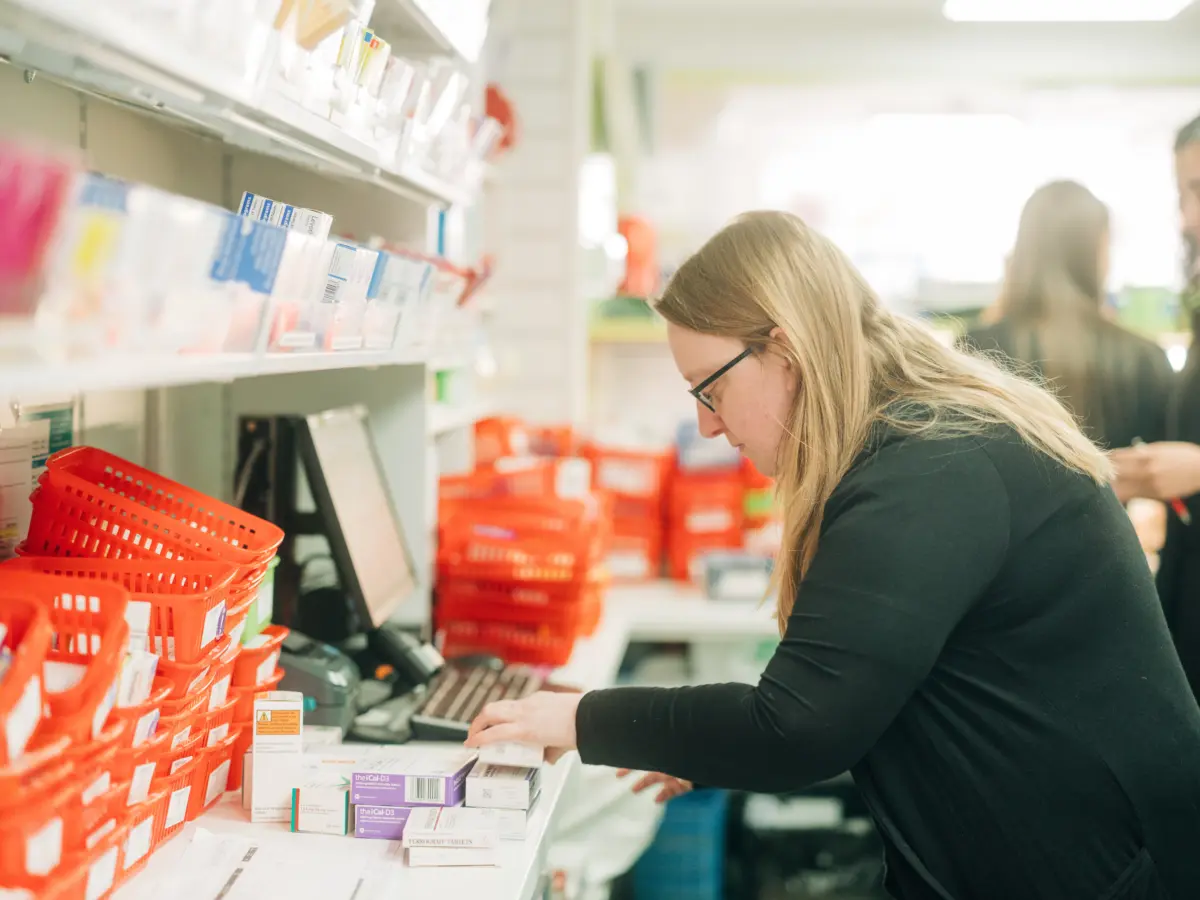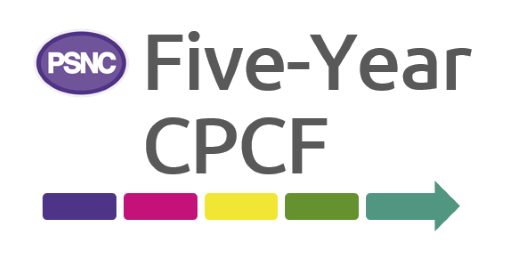Invasive Group A Strep (iGAS): information for pharmacy teams
A higher than usual number of cases of scarlet fever, caused by invasive Group A streptococcal (iGAS) infections, are being reported in children across the country.
Whilst the Government and NHS have said that the risk to the public remains low, the UK Health Security Agency (UKHSA) has advised parents to be on the lookout for symptoms and to contact NHS 111 or their GP if they are concerned.
NHS information and guidance
NHS England has published the following documents:
Chief Pharmaceutical Officer letter: Group A streptococcus and antibiotic supply
Letter to community pharmacists, chief hospital pharmacists and regional chief pharmacists regarding Group A streptococcus and antibiotic supply, from David Webb, Chief Pharmaceutical Officer for England.
Guidance: Group A streptococcus communications to clinicians
Interim clinical guidance update aimed at clinicians involved in the diagnosis and treatment of children up to the age of 18 years.
NHS website information for parents/patients
What pharmacies can do
Knowing the symptoms and where patients need to go for treatment may be the best ways for pharmacy teams to support children and their parents. The UKHSA has developed some social media resources that can be downloaded from the DHSC campaign resources centre. These can help improve knowledge as well as be shared to raise awareness amongst the public.
The Specialist Pharmacy Service (SPS) have published a guide to using solid oral dosage form antibiotics in children, including use for Group A streptococcal infections. Pharmacy teams may find this useful to refer to if needed.
Some misinformation has been spreading on social media about the help that community pharmacies can provide. A suggestion has been made that pharmacies can test for strep A and hand out antibiotics, but this is not an NHS service and is only provided by a small number of pharmacies privately and under specific PGDs or where independent prescribers are available.
PSNC is pushing DHSC and NHS England to address these misconceptions and put out clear communications on where parents should go for help and where pharmacy teams should direct people to.
Antibiotic supply issues
The UKHSA issued this update on Friday:
“Given the unusually high level of GAS, and viral co-circulation in the community, health care professionals are asked to have a low threshold to consider and empirically prescribe antibiotics to children presenting with features of GAS infection, including where secondary to viral respiratory illness.”
This means prescribers may now be issuing more prescriptions for these lines, increasing demand which may drive up prices and affect availability too.
PSNC’s Dispensing and Supply Team has received reports from some contractors and pharmacy teams who are finding it difficult to obtain certain antibiotics. Pharmacy teams are reporting that there is little or no stock of liquid amoxicillin and phenoxymethylpenicillin (Pen V) showing at wholesalers, and that the supply challenges have now extended to other oral antibiotics too. PSNC is also monitoring prices for these medicines and is seeking concessionary prices based on reports received from contractors.
The Healthcare Distribution Association (HDA) has said there has been a huge spike in demand for several antibiotics and its members are working hard with manufacturers to increase supply to meet this unprecedented demand.
Alliance Healthcare issued the following update this afternoon (7th December):
“Working with the healthcare industry Alliance Healthcare works closely with manufacturers to ensure maximum supply of product to UK patients. Demand has been high across our antibiotics range recently and despite generally good supply levels, we are experiencing some short-term impact as a result, however more replenishment is on the way. We ask that our customers only buy what they need and continue to regularly check myahportal.co.uk for the most up to date stock availability information.”
PSNC has raised its concerns about the supply situation with DHSC and we are currently awaiting further information via an update from the DHSC Supply Team. It is critical that medicine supplies are maintained and pharmacies are fairly reimbursed for them.
We have also briefed journalists that pharmacy teams will do everything they can to source medicines their patients need promptly and we are asking the public to be patient and respectful to pharmacy teams who are under the same unrelenting pressures as other healthcare professionals.
Suraj Shah, PSNC’s Drug Tariff and Reimbursement Manager, said:
“Changes to prescribing guidance and practices can impact on the availability of medicines. For example, with the recent rise in number of respiratory infections in the community, GPs have been advised to ‘have a low threshold’ for prescribing antibiotics to children presenting with symptoms associated with group A streptococcal infections. This is likely to lead to an increase in prescribing of certain antibiotics such as Pen V which can have an impact on supply.
“Unfortunately, this is just one in a long line of medicine supply issues for which pharmacy teams are having to spend additional time souring medicines, contacting prescribers to issue replacement prescription for other available alternatives, and explaining reasons for delays in supply to concerned patients and carers. PSNC is pressing hard for improvements for the concessions system alongside wider help for community pharmacy contractors who are facing relentless and unacceptable pressures.”








